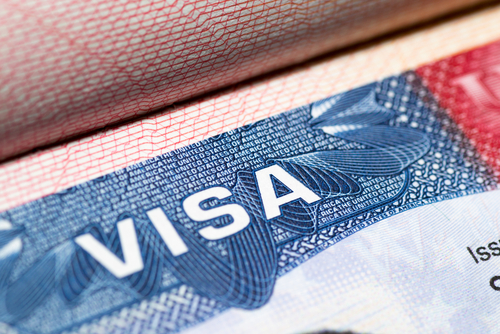
In a letter dispatched to the United States Department of Homeland Security (DHS) this week, 52 House members responded to a recent proposal to increase fees and processing time for H-2A and H-2B visa proposals, blasting the idea as detrimental to businesses.
A Notice of Proposed Rulemaking published by DHS in January called for upping fees on citizen paperwork across the board, but lawmakers took particular concern with proposed changes to H-2A and H-2B visas. Under the proposed rule, these petitions would require accompanying fees of either $1,090 for H-2A nonimmigrant workers with 1-25 named beneficiaries or $530 for those without, and $1,080 for H-2B nonimmigrant workers with 1-25 named beneficiaries or $580 for those without. Currently, the fee for all is a flat $460.
“Employers who rely on the H-2B and H-2A nonimmigrant visa programs do so because they cannot hire U.S. workers to fill the needed positions,” the lawmakers wrote. “They turn to these programs to ensure they have the workforce needed to operate their business and contribute to our communities. These programs are a last resort to going out of business or curtailing expansion.”
Beyond the general fee increases, the proposed rule from DHS would also attach a $600 Asylum Program Fee on every petition lodged and increase premium processing time from 15 calendar days to 15 business days. Notably, U.S. Citizenship and Immigration Services (USCIS) is funded primarily through user fees. In theory, proposals to up user fees usually follow as their costs go up.
However, the lawmakers, led by U.S. Reps. Mike Simpson (R-ID), Chris Pappas (D-NH), and David Valadao (R-CA) deemed these latest changes detrimental to small and seasonal businesses alike, with no foreseeable support or benefit. Instead, they said the government should do everything possible to support those businesses.
“We would support USCIS restarting its entire rulemaking process if it were necessary to ensure that the final rule does not include the fee increases to H2-B and H-2A visa programs,” the lawmakers wrote.
Notably, visas for small and seasonal H-2B and H-2A uses are valid for less than a year. According to DHS, changes proposed for their fees were based on an ability-to-pay model, but the Congress members objected to this, stating that the corporations this model would seem to target rely on other visa categories such as H-1B and L visas instead. Notably, those fees did go up as well, though.




